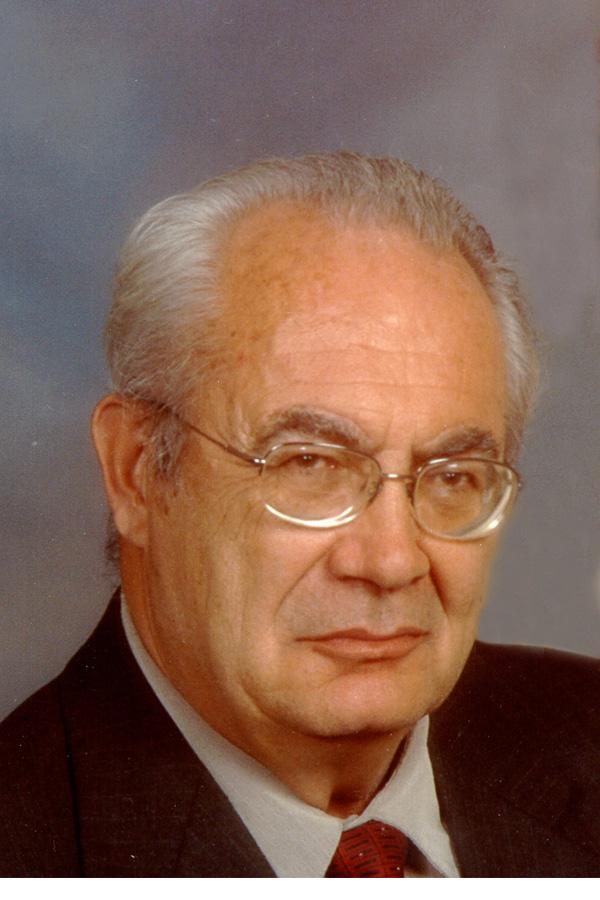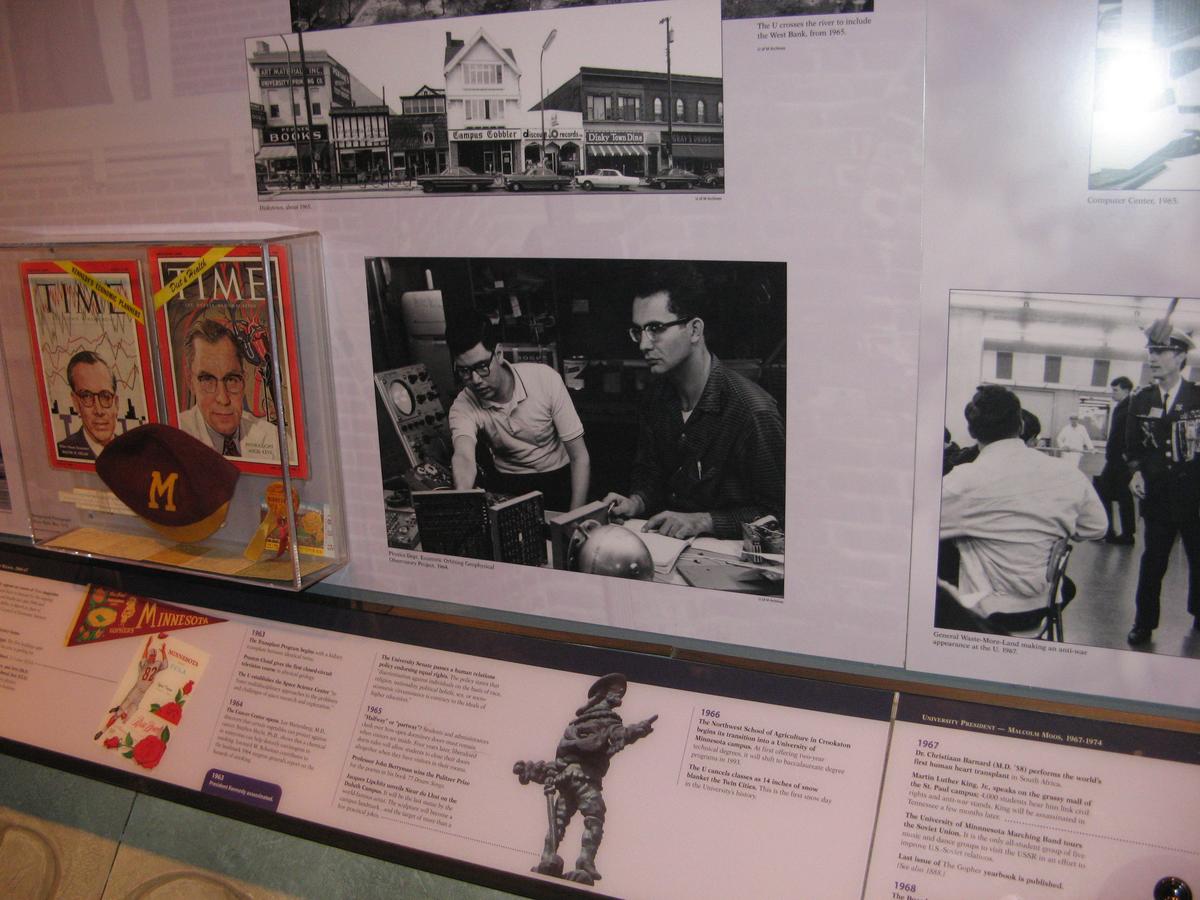Degree: Physics PhD
Last Job: Senior Technical Fellow at McDonnell Douglas
Why Physics?
Money was tight in Karl's family. Starting at age 13, he caddied during the summers to earn money for school clothes and to save for college. This resulted in an Evans Scholars caddie scholarship which required that Karl attend the University of Minnesota in Minneapolis. The scholarship paid for the tuition and a place to live, and a second scholarship paid for books. Karl washed dishes at a fraternity to provide meals. One of the goals of the Evans Scholarship was to have all the Evans Scholars live together. Social skills were as important as academic skills, something Karl appreciated. "I was a socially awkward student; living together in an academic fraternity was just what I needed," he says.
Karl started out as a chemistry major, but Organic Chemistry during his sophomore year convinced him that he did not want to be a chemist. At the end of his sophomore year, he changed his major to physics, a choice he has not regretted. "To me at that time, physics was what I needed in order to understand how the world worked," he says.
On To Graduate School
Karl graduated with a GPA of 3.78, the highest in the national history of the Evans Scholars program at that time. During his senior year, he worked as a data reader for Professor J.R. Winckler's NASA funded satellite program. After some serious discussions with Professor Winkler, Karl decided to stay on as one of his graduate students. He was put in charge of developing an electron spectrometer to fly in space to measure electrons in the Van Allen Belts.
Since the NASA contract did not start until the fall, Karl decided to spend the summer between college and his first year as a graduate student visiting his father and brothers and sisters in Salzburg, Austria, the city of his birth, where he was able to re-learn his native tongue.
Academia or Industry?
After earning his PhD, Karl needed to make a choice: industry or academia. He remained at the University an extra year to finish publishing some papers and to teach a class in advanced physics. "The teaching experience verified my opinion that academia was not the path for me," he says.
He was offered three positions after his graduation: a postdoctorla position at the University of New Hampshire, and research positions at Bell Labs in New Jersey and McDonnell Douglas in California. Karl wasn't interested in the postdoctoral position, and the offer from McDonnell Douglas was better, so that was what he chose. He would stay at McDonnell Douglas for the rest of his career, eventually rising to the level of Senior Technical Fellow, a Senior Executive position.
Using Physics
Although he chose to leave academia, Karl's PhD and physics education made him a jack of all trades; he was good in physics and mathematics, could design and troubleshoot electronics, was a highly skilled software developer, and could troubleshoot and modify computers.
Initially he continued the same work he did for my thesis. He had contracts with NASA, the Office of Naval Research (ONR), and the Air Force Office of Scientific Research (AFOSR) to solve problems in space. Several of his computer models became de-facto international standards, and his work was used to calculate the radiation dose to astronauts in space.
As time wore on, Karl became more and more involved in day to day engineering problems, supporting work that was beyond the scope of the average engineer. He became the go-to troubleshooter for the company, and was sent to many national and internation locations to solve problems. "I became known as the 'Hired Gun from the West',"he says. Among his successes was re-writing the "Lightning Protection Handbook" so that it worked for large structure using relativistic equations. This reduced the cost of the lightning protection towers for the Delta IV launch pad by a factor of four.
Karl's PhD work was good preparation for all the roles he would fill throughout his career. One engineer once commented "for a physicist you are a pretty good engineer." "The incredible diversity of the work I had to do for my PhD thesis gave me the tools to excel as an engineer," he says.
Karl retired in 2004, but came back as a consultant for five years. He was also an advisor on a Department of Defense program that studied how to protect space assests from nuclear explosions in space.

